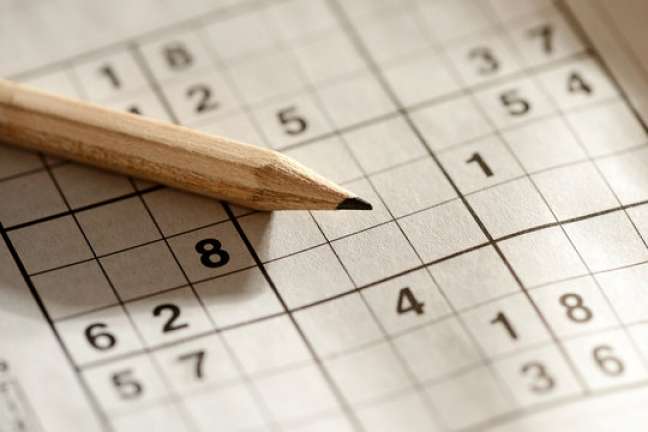You may know someone who’s currently involved in education, or be personally responsible for several students. Perhaps they’re nearing the end of their course and heading for the exam season. In reality, exams can be a daunting prospect for students of any age. However, with the right preparation and techniques, it’s possible to get the best possible exam results. In this article, we’ll provide some tips that can help students pass their exams with ease.
Encourage The Use Of Technology
Thanks to modern technology, it’s never been easier to access information and study materials. Science has made it possible for students to learn in a variety of ways – through online resources, apps, and more. Technology can also be used to help students stay organized and on track with their studies (e.g. through online calendars and time management tools).
If you’re not sure where to start, there are plenty of internet articles and blog posts that can advise you. The popularity of AppsAnywhere software confirms students’ need for university resources that can be accessed on any device, anywhere, anytime. This improves the student experience whether it’s online, distance or blended learning.
Recommend A Healthy Sleep Routine
Most experts recommend that people have between seven and eight hours of quality sleep per night.
Here are some tips:
- Students should make sure that their bedroom is dark and quiet
- They should establish a bedtime routine and stick to it as much as possible
- They should avoid drinking caffeine or alcohol before bed
- They should avoid the blue light that comes from electronic screens (one hour before bedtime)
Having sufficient sleep before an exam can help to clear the mind and allows students to review what they’ve learned more effectively. Secondly, it provides the energy needed to perform well on the test. Finally, research shows that students who get a good night’s sleep before an exam tend to score better than those who don’t.
Avoid Cramming And Eat Breakfast On Exam Day
Cramming is the act of trying to fit in a large amount of material into a short period of time. The problem with this is that it doesn’t allow for proper retention and understanding of the material. When students try to cram the night before an exam, they often find that they can’t recall what they’ve studied. This can lead to anxiety and poor performance on the test day.
It’s essential that students eat breakfast on the day of their exam. It provides the body and brain with energy and nutrients to help them function at their best. Eating a nutritious breakfast will help students concentrate and remember information better. Some good breakfast options include whole-grain toast with peanut butter, oatmeal with fruit, or eggs.
Encourage Your Student To Study
You should advise this person to start studying for their exams early. This’ll allow them to spread out their research over a longer period of time and will help them retain the material better. Encourage them to create a schedule that breaks down the material into manageable chunks. That’ll help them focus their studying and ensure they cover all the material.
Learning for long periods of time can be tiring and lead to burnout. Encourage the individual to take regular breaks so that they can come back refreshed and ready to continue.
Recommend Practice Exams
These are designed to help students familiarize themselves with the material that’ll be covered on an actual day. By taking practice exams, students can identify their strengths and weaknesses in specific subject areas. Additionally, practicing under time pressure can help students learn how to correctly pace themselves during the exam.
Here are some helpful tips:
- Make sure the practice exams are from a reliable source. There are many free online versions, but not all of them are created equal
- Be aware of the content covered on your particular exam. Not all practice exams cover the same material, so make sure you’re practicing for the right one
- Take practice exams under similar conditions to the real thing. Try to seek a quiet location where you won’t be interrupted. Set a timer and work through the exam so you can get used to working under pressure.
If the student/s apply these helpful tips to their course, they’ll hopefully end up passing with flying colors. Their hard work and discipline will pay off, and they’ll be able to use their new qualification to further themselves. This could be in the form of additional learning or a successful career.
Read Also: Essential Tips to Help College Students be More Efficient in Math
















